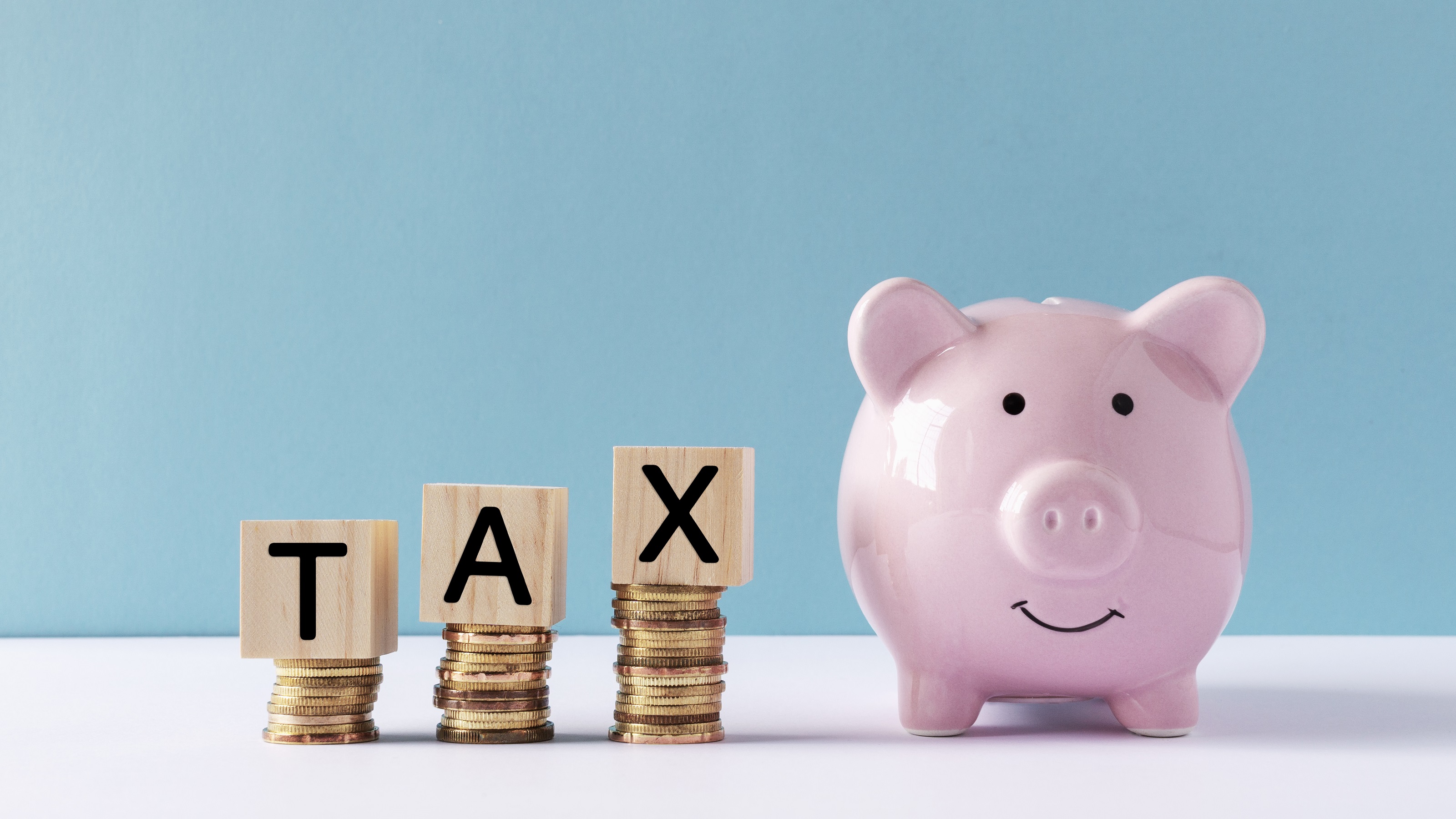
Whether it’s in real estate or the stock market, investing can be an exciting way to make more money. The gains you make on those investments can help fund further investments, help you save for a project you’re taking on or even contribute to your retirement. However, many people are nervous to invest because of the potential capital gains taxes they’ll have to pay — or the taxes owed on any profit made on the sale of a particular investment.
According to the financial and investment experts of Kiplinger Advisor Collective, however, fear of capital gains taxes shouldn’t keep you from investing. Below, they explain why that is, as well as discuss their best advice for managing that fear and minimizing any capital gains taxes you may incur throughout your life.
Consider your specific situation first
“Long-term capital gains taxes can be no more than 20% federally and may be as low as 0% if you are in a certain range of income, making capital gains not as costly as ordinary income. However, if the capital gain would be a recapture of depreciation or short term, then a 1031 like-kind exchange might be in order if it is real property. You don't realize gains until you sell, so sit tight.” — Dennis Futch, The Tax Shop
Save for taxes ahead of time
“I would advise that they have a savings account specifically for tax season. This way, there are already funds available to pay the taxes right away. Planning the amount to save depends on how much they expect to pay in taxes for the asset sold based on sale price, how long they’ve held it and also their tax bracket. Then, they should save up more than they expect to pay to avoid falling short.” — Angela Ruth, Due
Think about how the investment will help you meet your goals
“Investments should be considered with the following question in mind: How does this help me get to where I want to go? It can be difficult to sell appreciated investments, but it's far more important to own a good investment — even if there's a tax hit — rather than a poor investment simply to avoid taxes. After all, the only way to never pay capital gains is to die, which isn't a strategy I recommend.” — Adam Harding, Harding Wealth, Inc.
Kiplinger Advisor Collective is the premier criteria-based professional organization for personal finance advisors, managers, and executives. Learn more >
Put everything into context
“The focus on taxes must be put into context. You can always minimize taxes by minimizing earnings. That’s absurd in the extreme, but tax loss harvesting is one of the best ways to minimize capital gains taxes, and it won’t hurt your earnings if you are very careful to stay fully invested by using close alternatives to whatever you sell.” — Greg Welborn, First Financial Consulting
Have realistic expectations regarding risk
“I like to begin by setting the expectation with clients about risks, whether they are fixed or variable. So, if their return is higher upon selling, the risk — in this case, the capital gains tax — is typically also higher. It’s common to be concerned about capital gains taxes, but it just comes with selling. So, I advise them to plan well for it before selling so they can set themselves up for success.” — Justin Donald, Lifestyle Investor
Offset gains with tax loss harvesting
“There are some great strategies to minimize capital gains. Always tax loss harvest before the end of the year to offset some gains and reinvest in something better. Consider stock donations as well! Also, look for losses. For example, in real estate, don't forget to account for expenses related to that property you may have just sold at a gain, including depreciation.” — Andrew Schrage, Money Crashers LLC
Maximize profits with smart strategies
“If you want to keep as much profit as possible, hold on to your asset for a year or longer. Capital gains tax is determined by two factors: how long you hold the investment and your personal income tax bracket. If you sell the investment within a year, the net profit will be taxed at your ordinary income tax bracket, which is generally higher than long-term capital gains tax. If you hold it for more than a year, the profit is taxed from zero to 20%, depending on your tax bracket for that year. Pro tip: Sell your profitable stocks in a year when you're in a lower tax bracket, or leverage tax-advantaged accounts such as a 401(k) to reduce your taxable income.” — Ramona Ortega, My Money My Future







